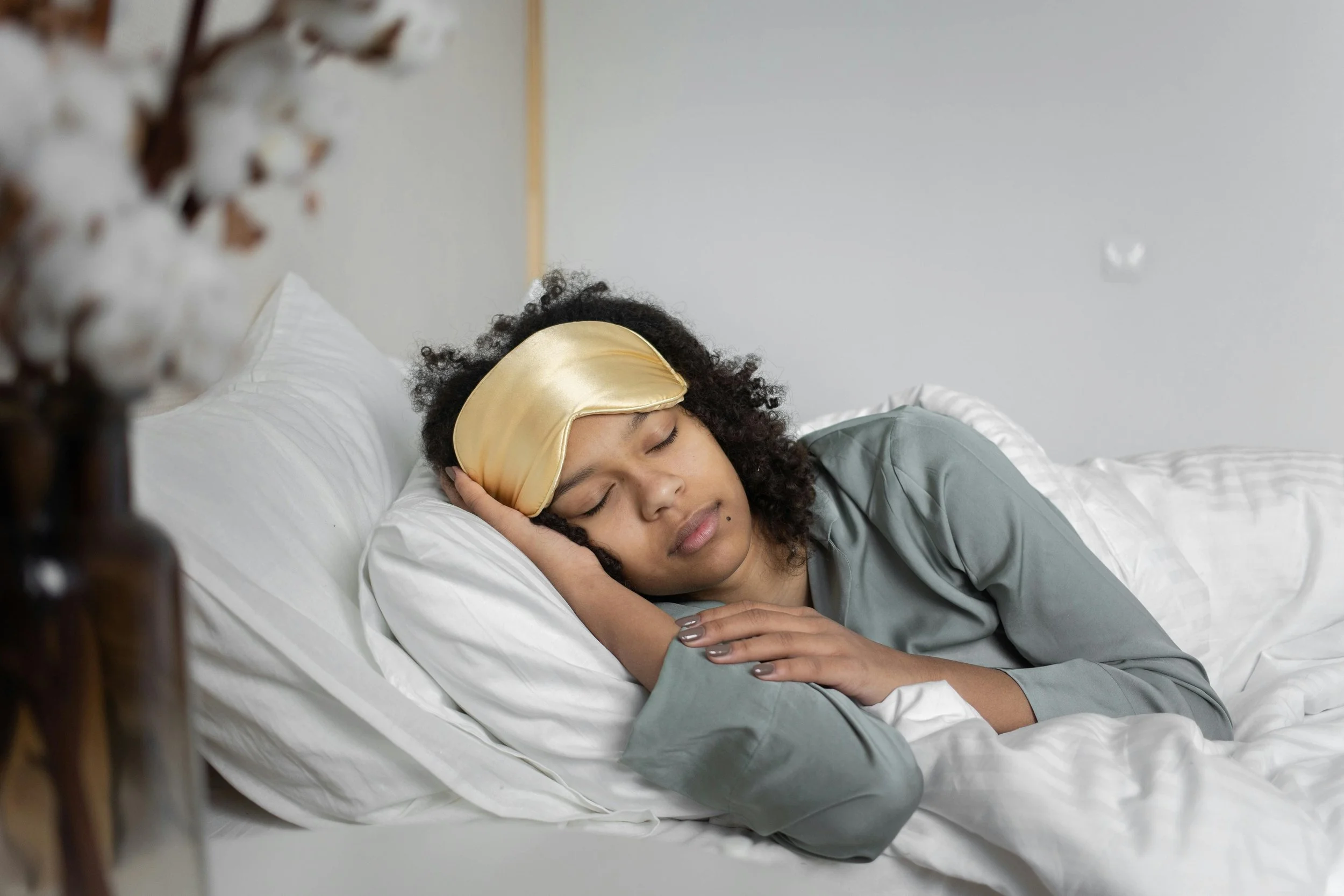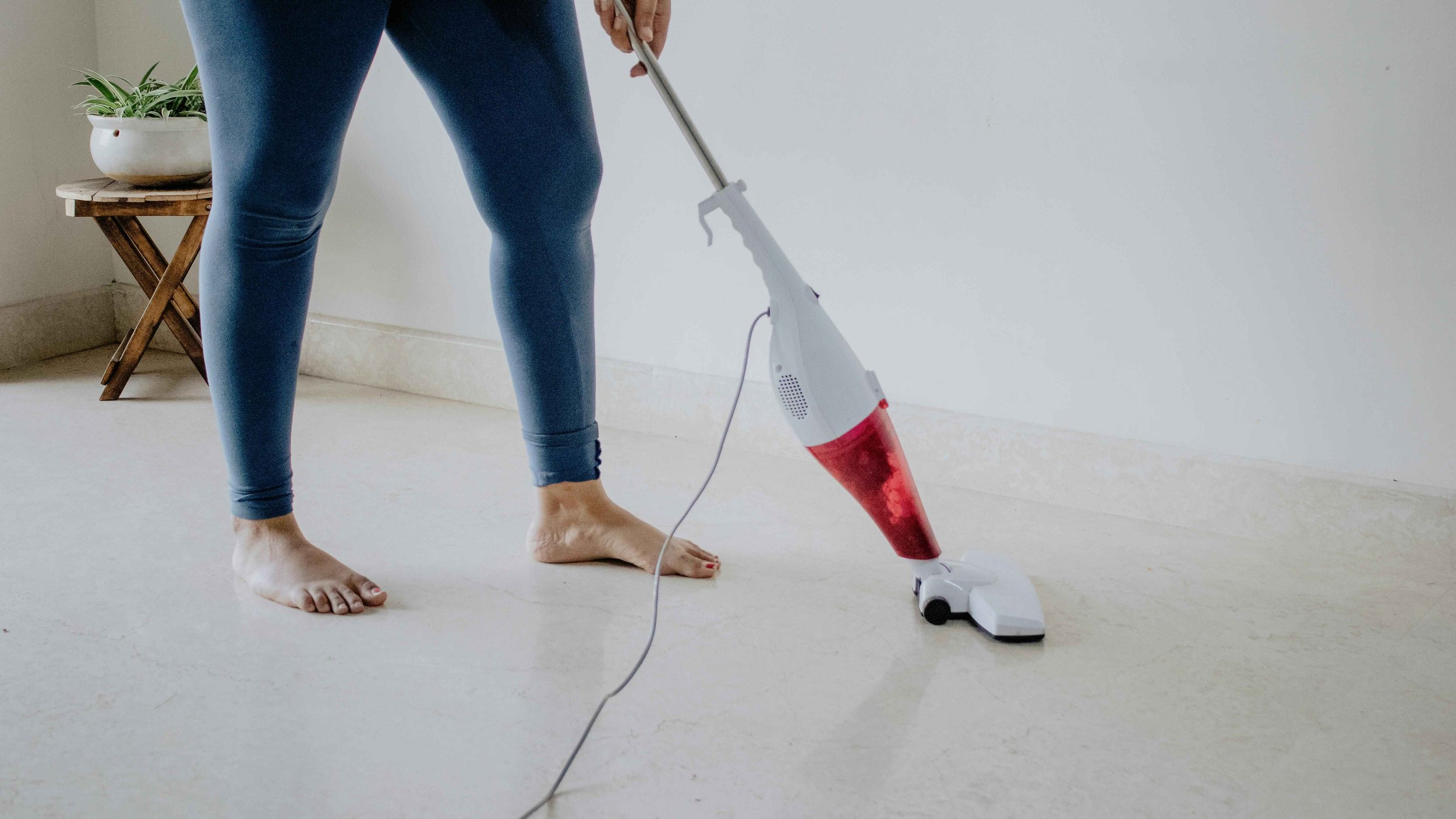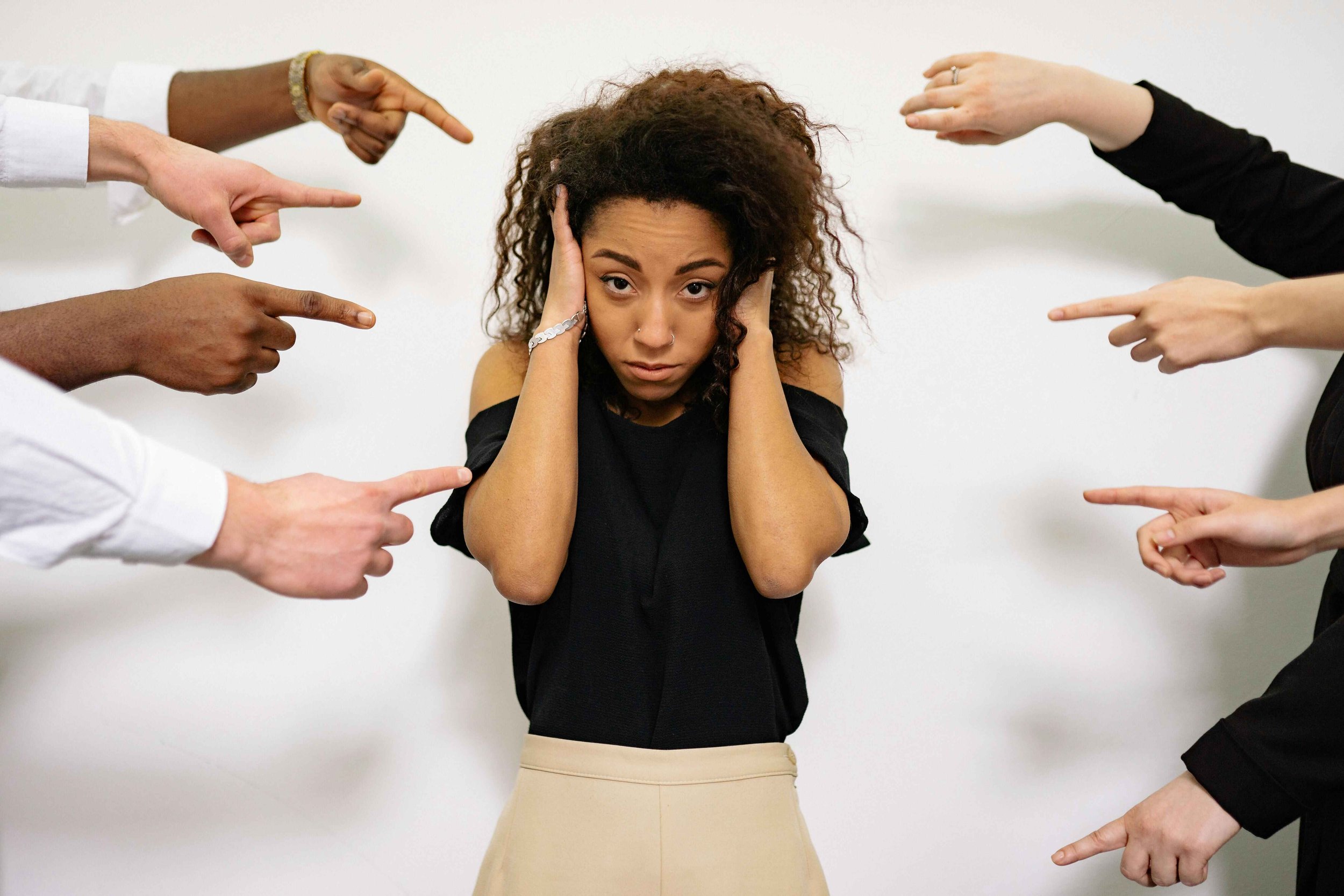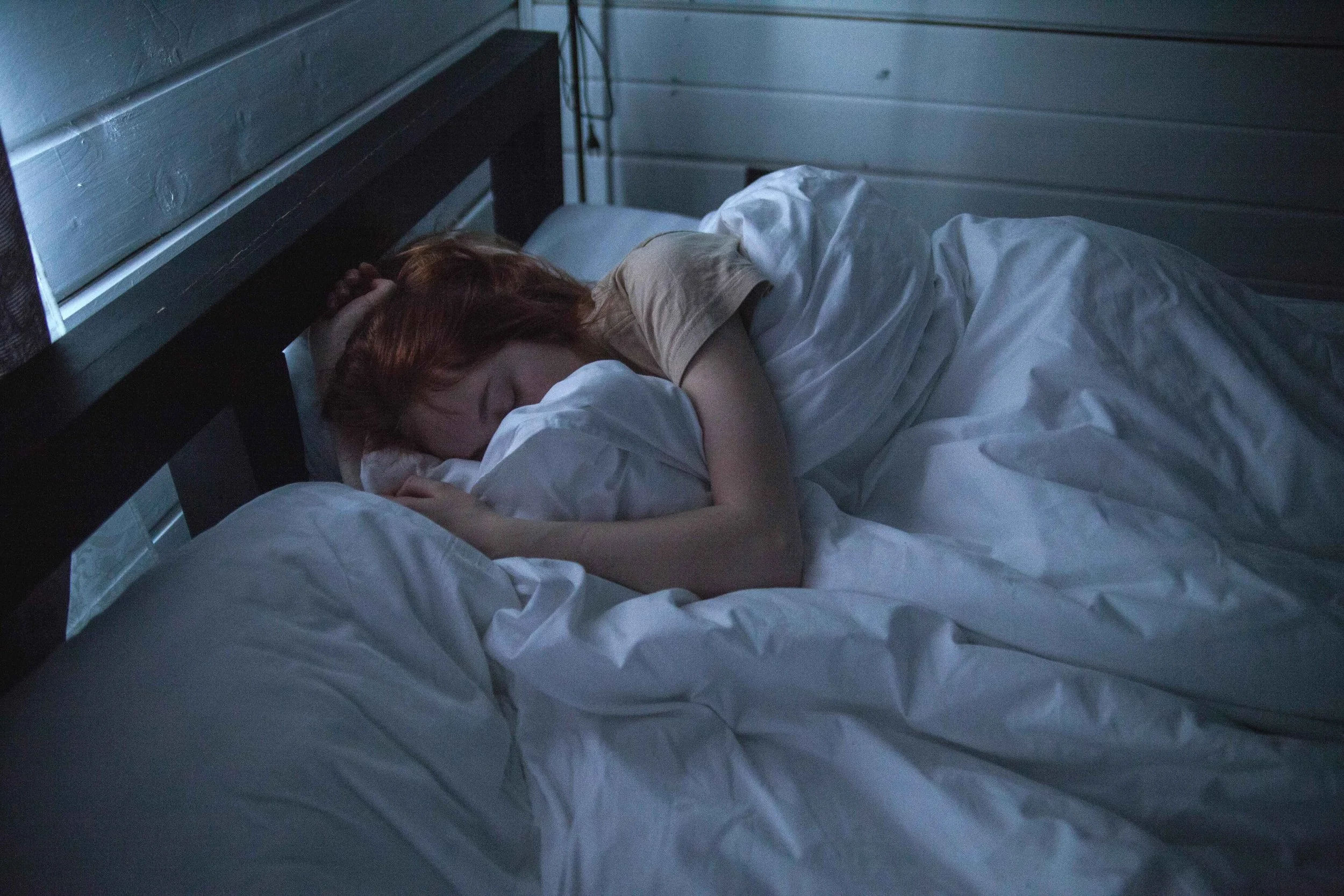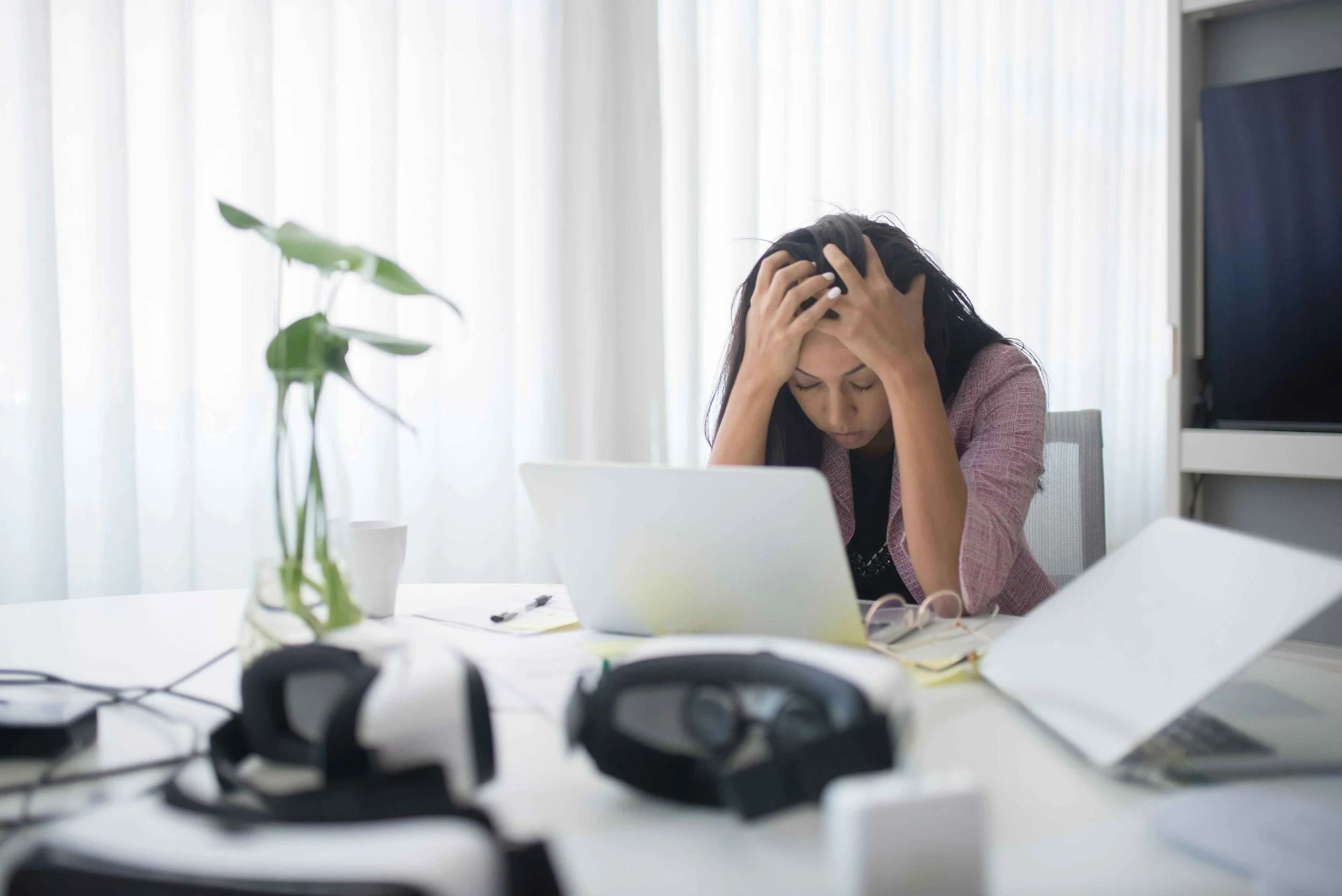Life in Hoboken can be fast-paced, vibrant, and full of little stressors, from the morning rush along Washington Street to navigating crowded weekend spots by the waterfront. Amid the city’s energy, it is easy to get caught up in negative thoughts, anxiety, or frustration over things beyond your control. That is where Rational Emotive Behavior Therapy (REBT) comes in. REBT offers practical tools to help you identify irrational beliefs, challenge them, and replace them with healthier, more rational ways of thinking which turns everyday stress into opportunities for calm and clarity.
For Hoboken residents, applying REBT does not always mean setting aside hours for therapy sessions. It is about using simple, everyday strategies to respond more effectively to life’s challenges whether that is dealing with traffic on Sinatra Drive, handling work stress, or navigating social pressures in a tightly knit community. By integrating REBT into your daily routine, you can develop a mindset that’s both resilient and rational, helping you enjoy Hoboken’s unique charm without letting small frustrations take over!









